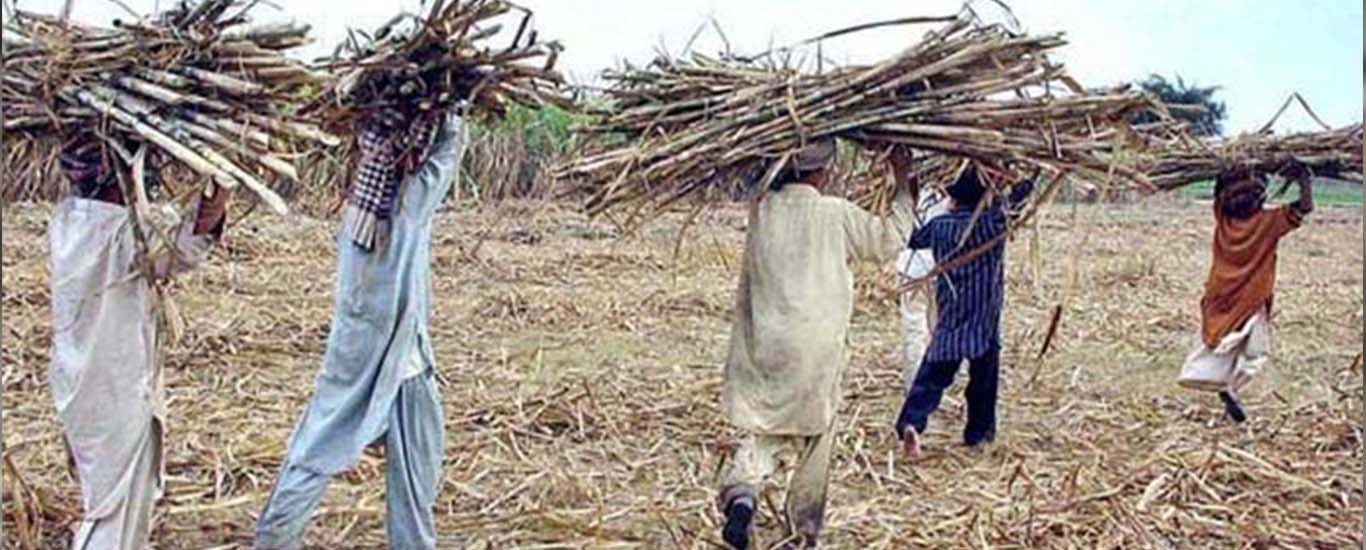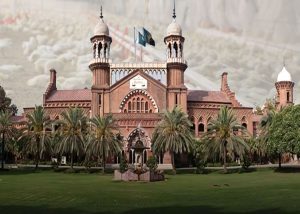
Karachi: To overcome a domestic deficit, the Pakistani government has accepted a nearly $112 million deal to purchase 300,000 tonnes of wheat from Russia.
The contract was accepted by the Economic Cooperation Committee on Monday as Pakistan attempts to stabilize its unstable economy and deal with the ramifications after this summer’s catastrophic floods, which caused more than 1,700 deaths and affected approximately 33 million people.
As stipulated in the contract, the wheat will be supplied by the Russian state corporation Prodintorg. In July 2020, Pakistan finalized its latest government-to-government acquisition of a million tonnes of wheat from Russia.
In 2022, Pakistan anticipated to domestically manufacture 27 million tonnes of wheat. Unfortunately, as a result of some circumstances, such as water scarcity and the reconstruction of agricultural land, researchers had already been estimating a 15% decline in its yield. The country’s southern provinces were wrecked by the severe flooding that year, which further significantly damaged agriculture in the provinces of Sindh and Balochistan.
In accordance with the Trading Corporation of Pakistan, a government entity responsible for managing both imports and exports of goods, claimed that Prodintorg has not hampered by penalties that were imposed by Western nations in retaliation to Russia’s invasion of Ukraine in late February. Perhaps amongst some of the largest producers of wheat in the world are Russia and Ukraine.
In accordance with a report on agribusiness from the US government, the floods will affect Pakistan’s wheat production to decrease by eight million tonnes. Although receiving billions of dollars in funding from international financial organizations earlier, Pakistan’s economic condition continues to remain precarious. Inflation in Pakistan is predicted to rise to roughly 23 percent in the upcoming fiscal year due to flood-related disturbances and challenging external factors, according to a World Bank research published in October.
Former Pakistani Prime Minister Imran Khan has consistently rationalized his journey to Russia, especially when he arrived on the day President Vladimir Putin deployed soldiers into Ukraine. Most recently, he asserted that his country had been running out of wheat and therefore he intended to import wheat. Shehbaz Sharif, Khan’s successor, and Putin had quite a meeting in Samarkand, Uzbekistan, in September while visiting the Shanghai Cooperation Organization summit. Furthermore, he has accepted a Russian proposal and made public declarations about the desire to strengthen commerce, electricity, and agriculture relations.





